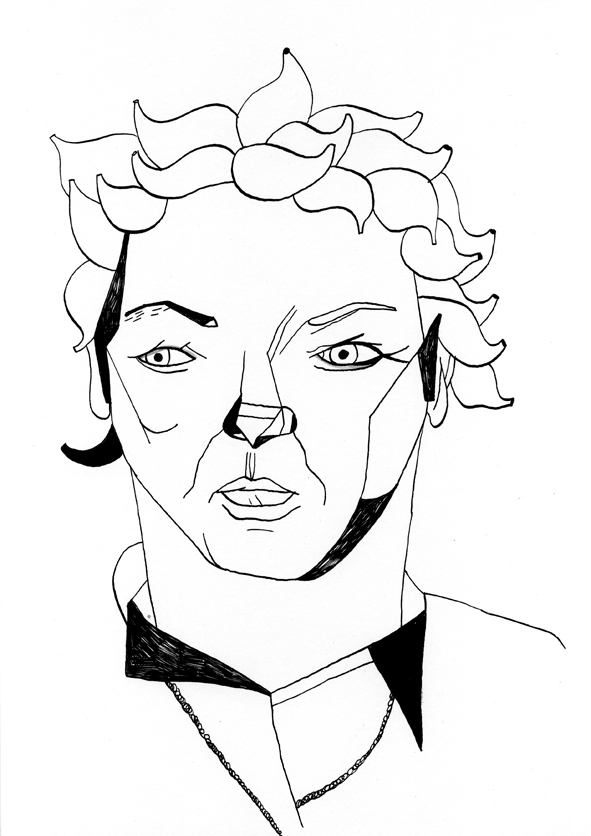
Click here
The scientist who discovered the role of genes inorganism development by studying the fruit fly
Christiane Nüsslein-Volhard is a development
biologist, born in Germany in 1942. She studied
biology, physics, and biochemistry at the University of Frankfurt and two years after receiving
her doctorate she entered the Laboratory of
Walter Gehring. She aimed to study how genes
influence the development of organisms, turning an egg into an embryo with distinct parts,
and how genes can cause defects in the
embryo.
To do this, Walter and Christiane analysed the
embryonic mutations of the fruit fly (Drosophila
melanogaster), arriving to important conclusions, being the first scientists who used this
insects in their investigations. And why the fruit
fly? Due to the high number of eggs in each
spawning, the speed with which they reproduce, allowing for the study of many generations in a short space of time, and the ease
with which you detect mutants, individuals with
genetic alterations. Another advantage: although it may seem surprising, there is a great
similarity between fly genes and human genes.
Studying the differences between the genes of
normal flies and those that showed
Studying the differences between genes of
normal flies and those that showed malformations, they were able to find out what genes
were involved in the development of specific
parts of the body. Their research allowed them
to understand important aspects of developmental genes in vertebrates, especially in
humans, and provided new insights into the
pathogenesis of cancer.
In 1995 she received the Nobel prize in Medicine for her discoveries concerning the genetic
control of early embryo development. With the
money that she received from the Award, she
created in 2004 the Foundation that bears her
name, with the aim of encouraging young
German women scientists to engage in research, offering financial and childcare assistance.
In 1985, Christiane was named Director of the
Area of Developmental Biology at the Max
Planck Institute, becoming one of the few
women Laboratory directors of the Institute.

